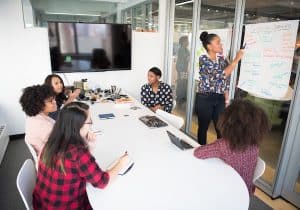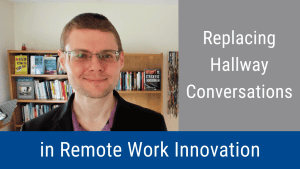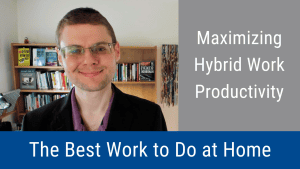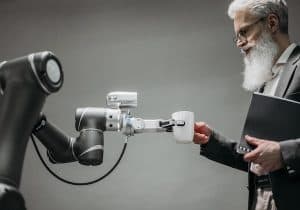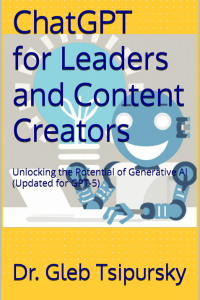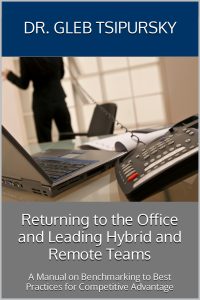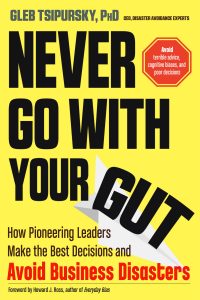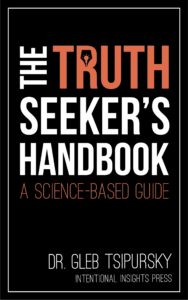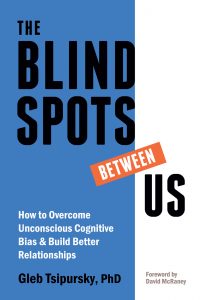Embrace smart collaboration for success in the hybrid work era: technology, inclusivity, and adaptability are key.
Remote work innovation is fostered when companies establish techniques that support cross-functional connections, such as using collaboration software like Slack or Microsoft Teams to facilitate the exchange of new ideas. That’s the key take-away message of this episode of the Wise Decision Maker Show, which describes how to replace hallway conversations in remote work innovation.
To maximize hybrid work productivity, any office-based activities must outweigh the burden of commuting. Hybrid employees should work mostly from home, especially on focused individual tasks, asynchronous communication, and video calls. That’s the key take-away message of this episode of the Wise Decision Maker Show, which describes the best work to do at home in order to maximize hybrid work productivity.
Real estate’s hidden financial potential, guided by tools like HomeZada, empowers homeowners for wealth generation
Prioritizing responsible AI development, safety, and human well-being over speed is essential for a sustainable technological future
Reinforce your emotional rapport with stakeholders by using storytelling techniques that have the power to not only inspire and entertain, but also educate and engage
Small agile firms embrace flexible work, poised to dominate industries, leaving inflexible corporations struggling
A successful hybrid model depends on effective integration of junior staff. To do so, they should come to the office more often than senior staff to get on-the-job training and mentoring.
Remote work presents unique challenges for individuals with ADHD, but flexible schedules and support can foster success and growth.
Tech startups embracing virtual-first flexibility can gain a competitive edge by attracting top talent and fostering innovation in a remote world.
Effective documentation is crucial for mastering the hybrid work model, ensuring smooth communication and maximizing productivity.
Discover your chronotype and align your work schedule to it to unlock peak productivity, fostering a healthier work-life symphony.
Embrace hybrid work for a flexible, inclusive, and efficient future. Avoid the outdated hazing ritual of in-person work. Choose what works best for all.
Financial professionals demand flexibility in work arrangements, making it a non-negotiable aspect for modern employment.
Embracing flexible work is crucial for attracting top talent, improving collaboration, and fostering innovation in higher education.
Embrace new collaboration tools, break free from email habits, and optimize digital engagement for greater productivity in hybrid work
Generative AI is revolutionizing programming, making coding more accessible and productive, but ethical considerations and human expertise remain crucial.
Hybrid work etiquette fosters inclusivity, productivity, and respect among office and remote team members for a successful hybrid work environment
Minimizing commute time with arrival optimization is crucial for a successful return to office, boosting productivity and employee satisfaction
Implementing legal liability for AI developers is a crucial step to slow down AI development, prioritize ethical considerations, and ensure responsible innovation for a sustainable future.
Trust and transparency are essential for productivity in hybrid teams. Embrace outcomes-focused management and avoid surveillance tools.
AI meeting assistants boost hybrid & remote work productivity with concise summaries, follow-ups & seamless tool integration. Crucial for managing overwhelm.
Embrace flexibility to attract and retain top talent. Rethink office’s purpose, update policies, and meet diverse employee needs.
Speaker bureaus must adapt to virtual & hybrid events, nurture human connections, educate on hybrid presentations, & speakers should be adaptable & responsive.
Embrace a magnet-like approach to hybrid work, attracting employees with flexibility, inclusivity, and innovative use of technology
Protect yourself from decision disasters by getting our free Wise Decision Maker Course, which includes 8 weekly video-based modules. As a bonus, you'll receive a free copy of our Assessment on Dangerous Judgment Errors in the Workplace when you sign up.


